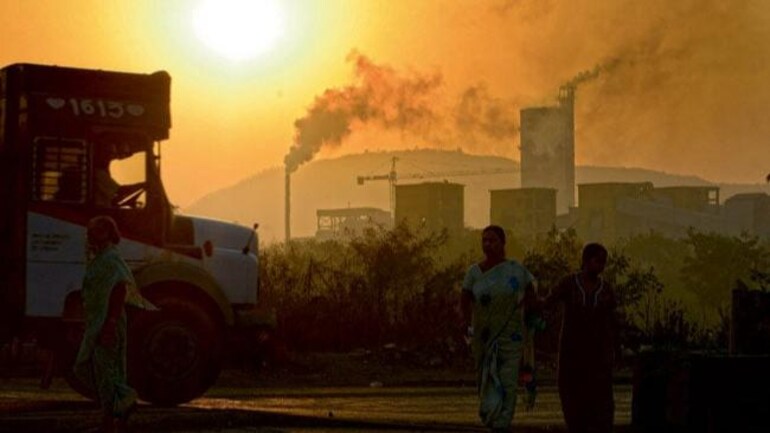Plants with SO2 controls should be operated at maximum capacity to avoid using power plants without FGD control, says CREA analysis
New research by the Center for Research on Energy and Clean Air (CREA) found that during winter months, power demand for the Delhi-NCR region can be met without operating polluting non-compliant power plants. Only six units of two power plants out of 12 have managed to installed SO2 reduction equipment in the 300km radius of Delhi-NCR, six years after India set emission standards in December 2015.
The study showed that if operated at 85% PLF, the two power plants with Flue-gas Desulfurization (FGD) equipment—Mahatma Gandhi and Dadri power plant—alone will produce > 44 MU/Day, ensuring around 314 MUs/Day from these two plants, other sources, and imports. The study, therefore, made a case for shutting down polluting power plants within the 300km radius of Delhi-NCR during the winter season.
Sunil Dahiya, an analyst at CREA said, “Power plants with SO2 controls should be operated at maximum capacity to reduce the need for power plants without FGD control.” He further added that “Power plants which haven’t awarded the bids for FGD installation till now should be penalised because the one year left to comply even under the new extended timeline isn’t enough for them to complete the process, which will again leave them in non-compliance.”
Due to adverse air quality in Delhi NCR, the Commission for Air Quality Management (CAQM) directed all power plants, except five to be shut down till December 15, 2021.
Analysts found that the coal-based power plants in Delhi-NCR generated negligible or no electricity from November 14 to 23 in 2020, when the electricity demand ranged between 175 MUs-275 MUs, and the shortage remained in the range of 0-5 MUs, indicating that the region could meet any such or lower demands without operating coal-based power plants.
“The directions issued by CAQM fall short because all other power plants were anyway not operated since November 12, 2021, due to low demand or other reasons, so the action could not effectively result in any emission load reductions. Four units at Dadri Power Plant, which have FGD controls installed, were also directed to close by CAQM. In contrast, others without SO2 controls were allowed to operate, meaning relatively higher emissions and pollution. Instead, the four units at Dadri that have installed SO2 controls could have been allowed at the place of others who do not have FGD installed,” said the analysis.
About The Author
You may also like
Delhi-NCR most polluted region in India, Karnataka the cleanest air in India: Report
Outdoor air quality chronically underfunded, finds State of Global Air report
PM2.5 shortening average life expectancy of Delhi residents by almost 12 years
PM 2.5 air pollution increases anti-biotic resistance globally, India risk increases 2.5%
Green court forms panel to release air pollution control norms around hospitals with in the next 3 months


